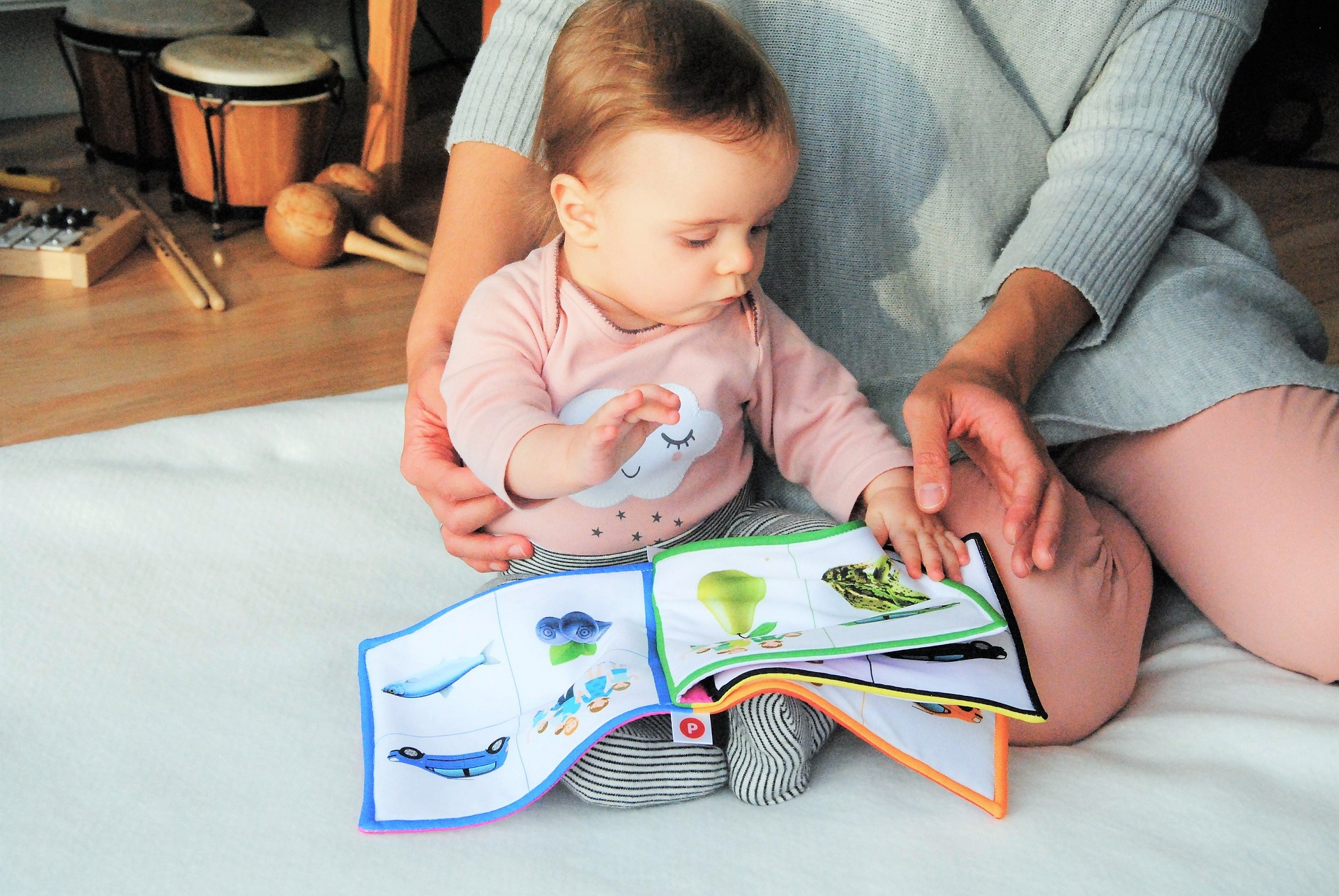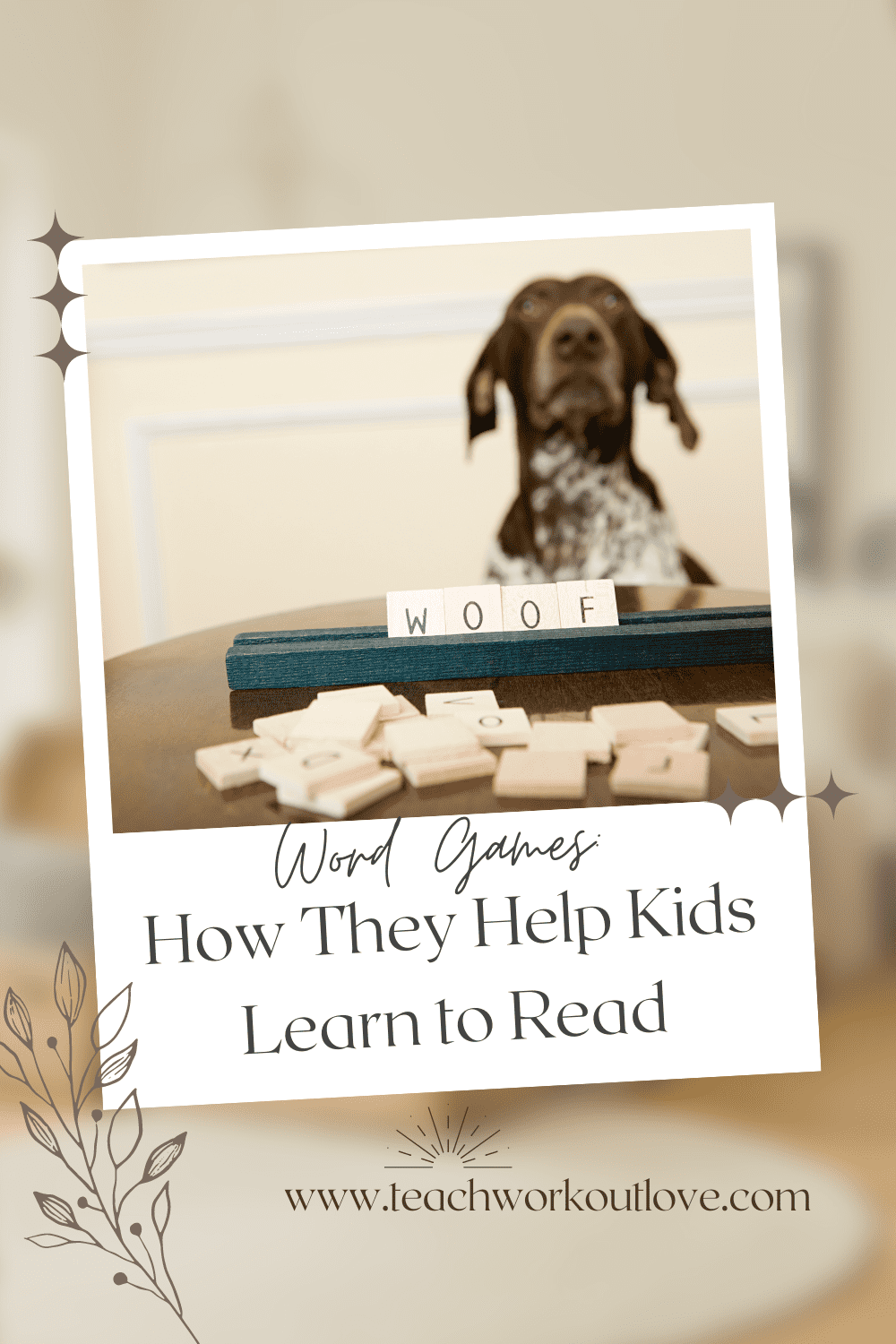Playing word games can be a fun and engaging way for children to develop their reading skills.
Reading is a complex skill that involves decoding words and comprehending the meaning of what is being read. It also requires good comprehension skills and vocabulary knowledge to understand their reading. The more practice one gets with reading, the better one will get at it.
 Image Source: https://pixabay.com/photos/boy-laughing-reading-kid-child-2604853/
Image Source: https://pixabay.com/photos/boy-laughing-reading-kid-child-2604853/
As a solution, word games can help kids improve their vocabulary, phonemic awareness, and comprehension and support the development of other important literacy skills, such as spelling and handwriting.
Let’s explore some of the benefits of using word games in children’s literacy education and observe examples of popular word games that can be used at home or in the classroom.
Vocabulary and Phonemic Awareness
Word games are a great way to build vocabulary and develop phonological awareness. It is the foundation of reading and spelling abilities in children.
Vocabulary can be boosted by playing word games that involve synonyms, antonyms, homophones, and homographs. These types of word games are excellent for helping children learn new words and understand the relationship between those words.
It’s no surprise that vocabulary is one of the most important skills in reading. Kids need to understand words before they can understand what they’re reading, and if they don’t know what they’re reading about yet, it’s hard for them to enjoy a story! But vocabulary isn’t just important for understanding what you read; it also helps you learn new things by giving your brain a bigger toolbox to build sentences and ideas.
It’s also useful when communicating with others: when we talk about our experiences or express ourselves through writing or art projects with others who know us well enough (or close enough) that we don’t have to explain every detail every time something comes up that needs explaining; that’s when knowing more words can come into play.
 Image Source: https://pixabay.com/photos/child-baby-little-thing-childhood-2916844/
Image Source: https://pixabay.com/photos/child-baby-little-thing-childhood-2916844/
Phonemic awareness is the ability to hear the individual sounds that make up words. This is an important skill because it helps children distinguish between sounds within words and understand how they relate to one another when forming new words.
Research shows that children with poor phonological awareness struggle to read, spell and pronounce new words correctly.
Playing word games regularly can help your child become more aware of individual sounds within words and their use in different combinations to form new words (i.e., making sense of speech).
Spelling and Handwriting Skills
 Image Source: https://pixabay.com/photos/child-kid-play-study-color-learn-865116/
Image Source: https://pixabay.com/photos/child-kid-play-study-color-learn-865116/
Spelling and handwriting are also important aspects of reading. You can help your child learn to spell by playing word games with them or by having them write words they know. As your child writes, they will also practice the fine motor skills necessary for reading and writing.
As you play word games with children, you should notice that they’ll be able to recognize the letters in each word before they form them on paper by themselves. This shows that they are beginning to grasp what the letters mean concerning each other and their context within sentences, a crucial step in learning how a written language works!
Grammar Usage In Reading & Listening Comprehension
You can’t ignore grammar and vocabulary when it comes to reading comprehension. They’re the building blocks for all language skills. Children can’t become good readers without a strong foundation in both grammar and vocabulary.
Grammar helps them understand how words are used together to form sentences, while vocabulary allows them to understand new ideas presented within those sentences.
In terms of writing, grammar helps make writing clear and more interesting by giving writers ways of describing their thoughts in different ways through different sentence structures. The same goes for speaking: if you don’t know proper sentence structure and punctuation rules (known as syntax), it’s hard making your point clearly when you speak or write!
The importance of grammar and vocabulary doesn’t end there either. They’re essential elements of listening comprehension too!
When we listen, we use these two skills constantly as we try to figure out what someone is saying based on their word choices alone; this means that listening practice should always incorporate some sort of formal study into these areas so children develop good habits early on which will serve them well later on down the road when they need good reading comprehension skills at school or work.
Children Learn To Recognize Words By Sight
 Image Source: https://pixabay.com/photos/read-princess-story-curiosity-959530/
Image Source: https://pixabay.com/photos/read-princess-story-curiosity-959530/
Word games can help children learn to recognize words by sight in a fun and engaging way.
Often, the best way to learn is by doing. Word games are no exception!
Playing word games with kids helps them build skills as they play. As they play, they’ll begin recognizing words more quickly and easily than before; this will ultimately make reading more enjoyable for your child and lead to better comprehension.
Popular Word Games To Boost Reading Skills
Many word games can help boost reading skills. Some of the most popular include:
- Scrabble: This game has players spell words on a board by placing letter tiles in turns.
- Boggle: In this classic word game, players use four-letter cubes to find as many words as possible in a 5×5 grid within one minute.
- Unscrambled Words: This fun-to-play game lets you unscramble scrambled words into original ones to score points and win!
- Hangman: In this classic guessing game, you try to figure out what a person or animal is before they hang by guessing letters until you guess the right ones and win!
- Mad Libs: You will have to fill in blanks with certain words or phrases when writing stories using Mad Libs cards so that they make sense when read aloud after being filled out correctly by yourself or someone else who needs extra help writing their own stories!
Start Playing Word Games Today!
Do you want to learn a new word? How about “gullible”? It means easily deceived or tricked. If a friend told you that they would give you a million dollars if you could repeat the alphabet backward, but every time they asked, all they would hear was silence and blank stares, how would that make them feel? Gullible!
All kidding aside, playing word games can help children with their reading skills. They will understand what words mean and how they are used in sentences. When children play these games regularly, their vocabulary expands, and their reading comprehension increases significantly.
The post Word Games: How Can They Help Children Learn to Read? appeared first on Teach.Workout.Love.

